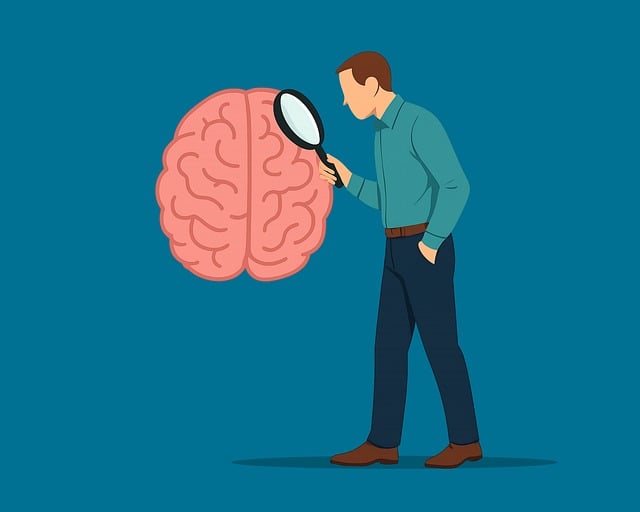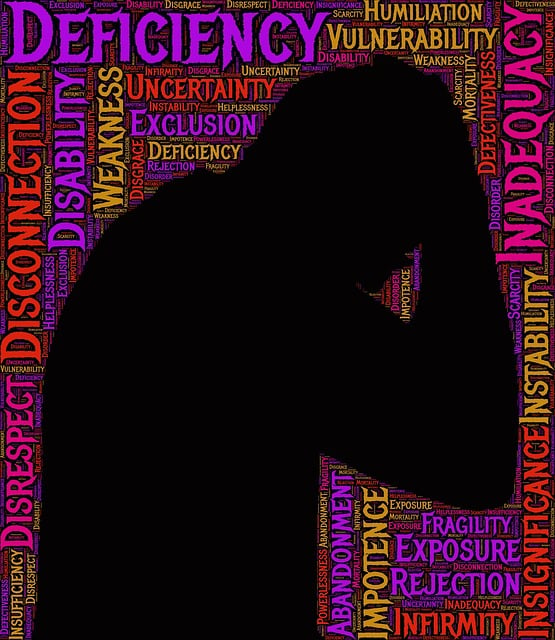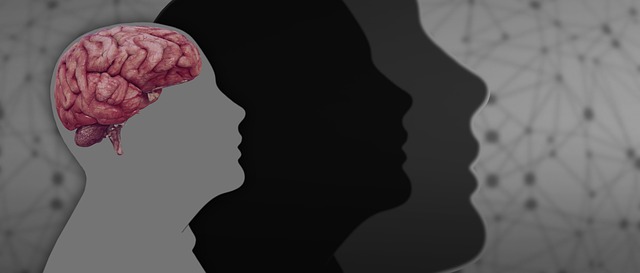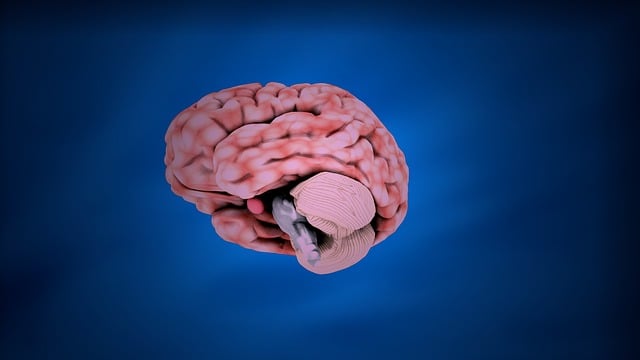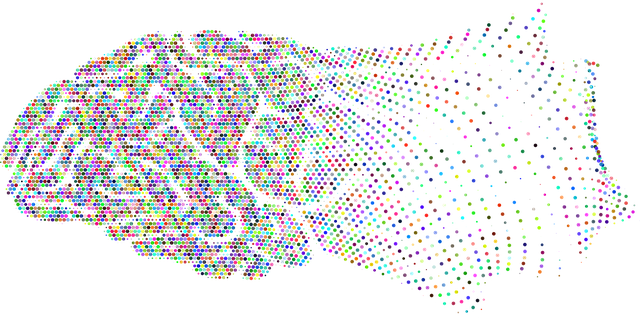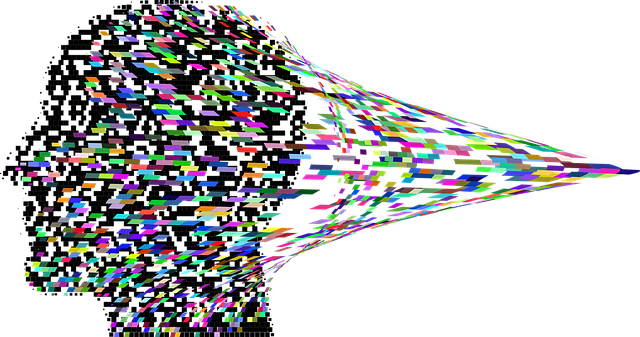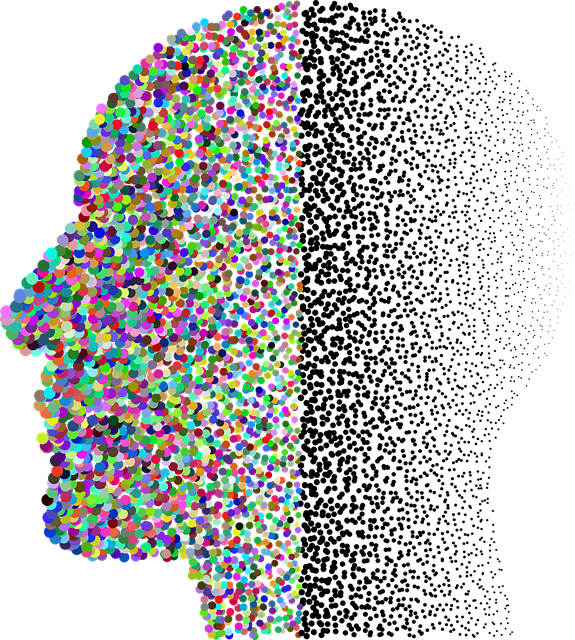- Understanding Mental Illness Representation in Media: The Current State
- Challenges and Barriers to Accurate Depictions of Oppositional Defiant Disorder (ODD)
- Proactive Solutions and Strategies for Enhancing Media Portrayals of Mental Health
Understanding Mental Illness Representation in Media: The Current State

The media’s portrayal of mental illness has significantly influenced societal perceptions and understanding. Currently, there is a growing call for more accurate and diverse representation in film, television, and other forms of media. The current state often depicts mental health issues through simplistic or stigmatized lenses, such as portraying individuals with disorders as solely problematic or heroic, without nuanced understanding. This one-dimensional view can lead to misconceptions and hinder support for those struggling. For instance, Oppositional Defiance Disorder (ODD), a common issue among young adults seeking therapy, is often oversimplified, failing to capture the complexity of the disorder and the diverse pathways to recovery.
Addressing these challenges requires a shift towards authentic storytelling that incorporates professional insights and consultation. By presenting characters with nuanced mental health journeys, media can foster empathy and encourage viewers to seek appropriate trauma support services or emotional well-being promotion techniques if needed. Additionally, incorporating strategies like social skills training can help challenge stereotypes and offer hope for individuals dealing with various mental health concerns, including ODD.
Challenges and Barriers to Accurate Depictions of Oppositional Defiant Disorder (ODD)

Mental health media representation plays a pivotal role in shaping societal perceptions and understanding of various disorders. When it comes to Oppositional Defiant Disorder (ODD), challenges and barriers often hinder accurate depictions, especially in media geared towards young adults. Stereotypes and misrepresentation contribute to stigma, making it harder for those struggling with ODD to seek help. Many portrayals depict individuals with ODD as purely rebellious or aggressive without exploring the complex underlying factors.
Therapy for young adults with ODD is a specialized field, requiring professionals to go beyond surface-level behavior. Accurate representation in media can facilitate better understanding and reduce stigma. This involves showcasing the nuances of the disorder, including potential triggers, coping mechanisms, and effective treatment strategies such as cognitive-behavioral therapy. A comprehensive risk assessment for mental health professionals is crucial when working with this demographic, considering their heightened risk for co-occurring disorders and self-harm. Encouraging self-care practices and stress management techniques can also be integral to media narratives, offering a more holistic view of ODD and its management.
Proactive Solutions and Strategies for Enhancing Media Portrayals of Mental Health

Media portrayal plays a significant role in shaping public understanding of mental health, making proactive solutions and strategies essential to enhancing accuracy and compassion. To improve representations, media outlets should prioritize consulting with mental health professionals and individuals living with various conditions, ensuring stories are told from authentic perspectives. Incorporating compassion cultivation practices and emotional regulation techniques into narratives can foster empathy among viewers.
Focusing on the journey of recovery rather than solely highlighting symptoms, media can portray individuals successfully managing their mental health through diverse paths. This includes exploring the effectiveness of therapy for young adults struggling with oppositional defiance disorder (ODD), showcasing different treatment options, and emphasizing the importance of emotional well-being promotion techniques. By adopting these strategies, media has the power to dispel stigma, encourage help-seeking behaviors, and contribute to a more supportive societal environment.
Mental illness representation in media is a complex issue that significantly impacts public understanding. As we’ve explored through discussing Oppositional Defiant Disorder (ODD) and its challenges, it’s clear that more accurate and nuanced portrayals are needed. By implementing proactive solutions like consulting with mental health professionals, promoting diverse narratives, and encouraging real-life inspiration for characters, the media industry can foster better comprehension and reduce stigma. Additionally, recognizing the importance of therapy for young adults suffering from ODD or similar conditions is a crucial step towards enhancing these representations. Together, these strategies can help to create a more inclusive and empathetic landscape in media, ultimately benefiting both audiences and those struggling with mental health issues.

